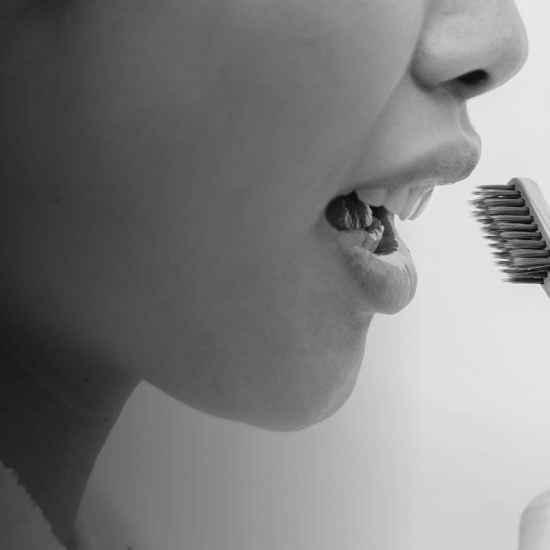In the largest consumer study on oral health, with 15,000 respondents across Europe, the UK came top for the proportion of people reportedly brushing their teeth twice a day. However, this was only with 63%, and only 28% of respondents floss regularly.1
With over a third of the population still not brushing their teeth adequately to maintain a healthy mouth,1 it seems that some people still don’t appreciate the importance of good oral health. This may be due in part to how we view the oral environment – we don’t necessarily envision a dynamic microbial ecosystem symbiotically living within our mouths. However, research over recent years has linked our oral microbiome to a number of health conditions, demonstrating that protecting our oral health helps to protect our overall wellbeing.
What do we mean by ‘oral health’?
Oral health refers not only to the health of your teeth, but also your gums and entire oral-facial system. Good oral health means not only being free of plaque, cavities and gum disease but also maintaining proper function that allows us to eat, speak and breathe. In the UK, 66% of adults have visible plaque, 31% have tooth decay, and there are over 8,700 new cases of mouth cancer each year.2 However, we were shocked to learn that only 53% of Brits (aged 18–34) recognise the link between dental health and mouth cancer. Therefore, it is not surprising that only 25% are aware of the link of oral health to diabetes, 14% to cardiovascular disease, and 10% to menopause.3
We know we brush our teeth to keep them clean, but how many of us are aware of the environment we are trying to maintain, and why? Your mouth harbours a diverse microbial community (more than 700 bacterial species, in fact) that is shaped from the moment of conception, through host genetics and maternal transmission, and continually influenced by oral hygiene practice, dietary habits and medications. Within that community there are many bacterial species that are beneficial to us, contributing to our digestive health, for example. However, there are also bacteria within the oral community that are harmful. The pathogens, Porphyromonas gingivalis, Aggregatibacter actinomycetemcomitans and Fusobacterium nucleatum are the cause of periodontal disease, but they have also been linked to Alzheimer disease, diabetes, cardiovascular disease, colorectal cancers, inflammatory bowel disease, rheumatoid arthritis, non-alcoholic fatty liver disease and obesity. They influence the pathology of these diseases either through direct disease-promoting effects following the movement of these bacteria to different sites around the body, or by indirect effects caused by the imbalance of the oral microbial community.4 For example, studies have shown P. gingivalis alters dendritic cell behaviour, which causes pro-inflammatory build-up of the cells at atherosclerotic plaques leading to cardiovascular disease. Conversely, P. gingivalis and A. actinomycetemcomitans promote changes to proteins in the oral cavity, which lead to the generation of antibodies that are thought to promote rheumatoid arthritis in genetically susceptible individuals.4
Maintaining a healthy oral microbiome
Promoting a healthy oral microbiome starts with good oral hygiene practices:
- Brush and floss regularly: Aim to brush your teeth for at least two minutes, twice a day, and floss daily to remove any plaque or trapped food.
- Visit your dentist: Regular dental visits are vital as your dentist can spot early signs of gum disease or tooth decay and provide professional advice/cleaning.
- Mind your diet: Try and keep to a balanced diet with fruits, vegetables and whole grains to maintain a healthy microbiome. Limit sugary snacks and drinks as these can feed harmful bacteria.
- Consider probiotics: Probiotics help to restore and maintain the balance of the oral microbiome. Foods like yoghurt and fermented products are good natural sources of probiotics too.
Reduce your risk factors for health problems by:
- Quit smoking: Tobacco use is a major risk factor in gum disease and oral cancer.
- Reduce alcohol intake: Excessive alcohol consumption has been linked to mouth cancer. Many alcoholic beverages also contain sugar, so limiting their intake will help reduce the amount of sugar consumed and reduce the risk of tooth decay.
- Manage stress: Stress can lead to teeth grinding or neglecting oral care. Find healthy ways to manage stress using exercise or mindfulness techniques.
Maintaining your oral health will not only help with a beautiful smile but will help keep a healthy body. By adopting good oral hygiene practices and staying aware and informed of the links between oral health and systemic health, we can reduce the risk of serious health problems down the line. So, let’s prioritise our oral health! Schedule that dental appointment and brush up on your oral care routine.
- Global Healthy Thinking Report. Oral Health Awareness Survey. 2021. Available at https://www.sunstar.com/assets/sunstar-global-healthy-thinking-report-2021-oral-health-report.pdf. Accessed March 2025.
- Oral health statistics in the UK. Available at https://www.dentalhealth.org/oral-health-statistics. Accessed March 2025.
- Dental knowledge gap costing UK businesses thousands, shows Bupa research. Available at: https://www.bupa.co.uk/business/news-and-information/dental-health-mental-health-knowledge-gap-09-24. Accessed March 2025.
- Baker JL, Mark Welch JL, Kauffman KM, et al. The oral microbiome: diversity, biogeography and human health. Nat Rev Microbiol. 2024 Feb;22(2):89–104.


